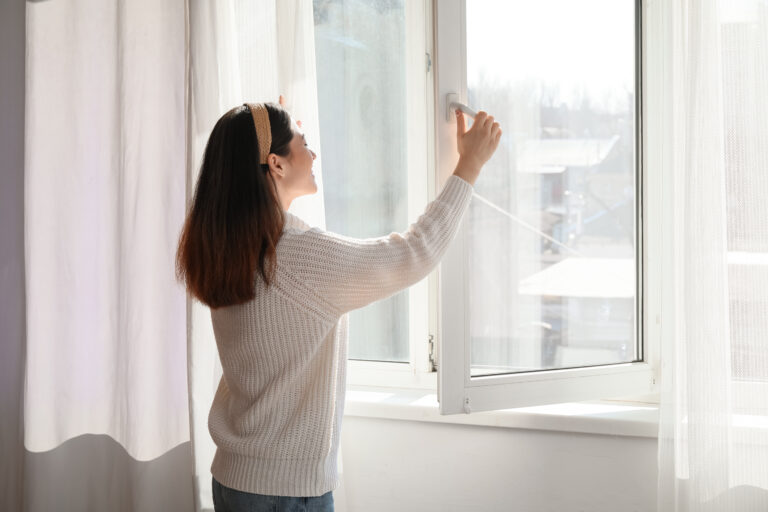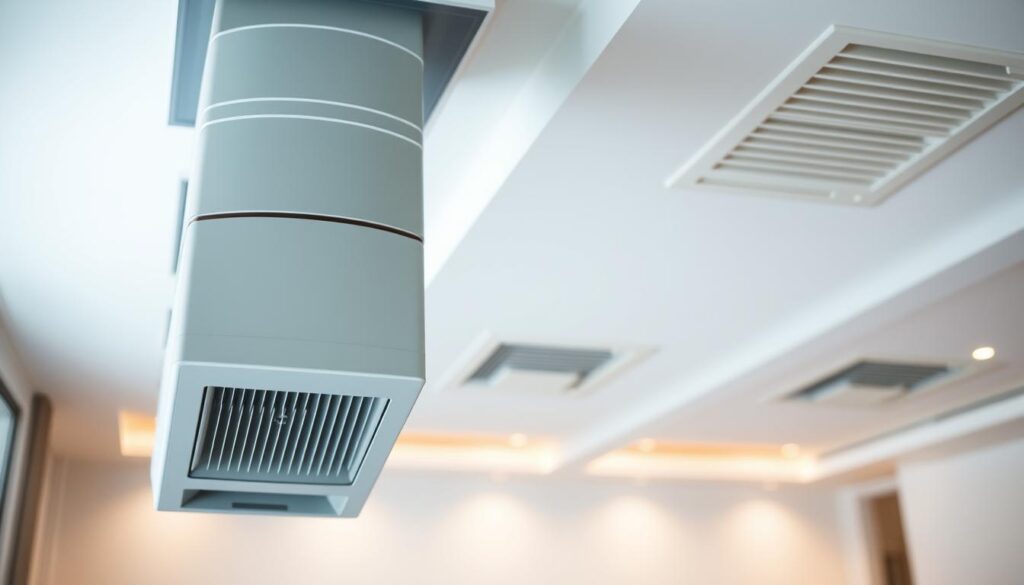Properly closing an above-ground pool is essential for preserving its life and ensuring it’s ready for use when the warm months return. Whether you’re a seasoned homeowner or recently installed a pool, learning how to close above ground pool correctly can save you time, money, and effort in the long run. Follow these steps to prepare your pool for the winter while avoiding common pitfalls.

Why Is It Important to Close Your Above-Ground Pool?
Before diving into the process, its essential to understand why closing your pool for the winter matters:
- Protect Equipment: Proper closure prevents damage to the pool liner, filter, and pumps caused by freezing temperatures.
- Prevent Debris Accumulation: Closing your pool keeps dirt, leaves, and other debris out, reducing the hassle of cleaning it before the next season.
- Maintain Water Quality: Preserving the pool’s chemical balance during the offseason means less effort to get the water swim-ready later.
Step-by-Step Guide on Closing Your Above-Ground Pool
1. Clean and Test the Pool Water
Start by thoroughly cleaning your pool. Skim the surface to remove leaves, bugs, and visible debris. Then vacuum the pool’s floor to ensure it’s spotless. Test the waters pH and chlorine levels, ensuring that the chemical balance falls within recommended ranges.
- Ideal pH levels: 7.2 to 7.6
- Ideal chlorine levels: 1 to 3 parts per million (ppm)
For more on balancing pool water chemistry, check out this pool filter cleaning guide.
2. Add Winterizing Chemicals
Once the water is clean, add appropriate winterizing chemicals. These include shock treatments, algaecides, and stain prevention products. These chemicals maintain water quality, reduce chlorine demand, and prevent algae growth over the cold season.
3. Lower the Water Level
Lowering the water level is critical to avoid damage caused by freezing. The exact water level depends on your pools design and manufacturer’s instructions. Usually, lowering to about 4-6 inches below the skimmer opening is safe.
If youre concerned about how much water is needed when refilling in spring, heres a helpful breakdown of pool refill costs.
4. Drain Equipment and Accessories
Disconnect and drain all equipment connected to your pool. This includes pumps, hoses, and the filter system. Store these parts in a clean, dry place to prevent damage from freezing or corrosion.
5. Cover the Pool
Invest in a high-quality, winter-approved pool cover to keep out dirt, leaves, and snow. Secure it tightly around the edges, ensuring it stays in place throughout the season.
Common Mistakes to Avoid When Closing Your Pool
- Skipping Chemical Treatment: Neglecting to balance your water chemistry can lead to algae and corrosion.
- Not Draining Equipment: Always drain pumps and filters to avoid freezing damage.
- Improper Covering: A loose pool cover can allow debris and pests to enter.
When Should You Close Your Above-Ground Pool?
Timing is critical when it comes to closing an above-ground pool. Begin the closing process once the water temperature consistently falls below 65F. This prevents algae growth and ensures a smoother reopening in spring.
Maintaining Your Closed Pool During Winter
Even after closing your pool, occasional maintenance is necessary. Check the cover regularly to ensure it’s secure and free from excessive debris or snow. Remove accumulated snow gently to avoid ripping the cover.
Benefits of Closing Your Pool Properly
- Protects your investment by preventing costly repairs
- Improves water quality for an easier spring reopening
- Maintains pool system longevity and durability
FAQs About Closing Above-Ground Pools
1. What happens if I dont close my above-ground pool?
If you leave your pool open during winter, debris, algae, and freezing temperatures can cause significant damage to the structure and equipment.
2. Can I use a tarp instead of a pool cover?
While a tarp can temporarily cover your pool, it won’t provide the same level of protection as a properly designed winter pool cover. Tarps often rip or allow debris to accumulate inside.
3. Do I need to remove my pool ladder?
Yes, removing accessories like ladders and toys prevents damage from freezing and reduces wear during the off-season.

Conclusion
Knowing how to close above ground pool effectively is essential for homeowners looking to protect their investment and enjoy hassle-free summers. From cleaning and chemical balancing to using the right cover, every step matters. Start early, follow best practices, and benefit from a long-lasting pool system.
For more insights on maintaining pools, explore this resource on pool value.
This article contains affiliate links. We may earn a commission at no extra cost to you.




